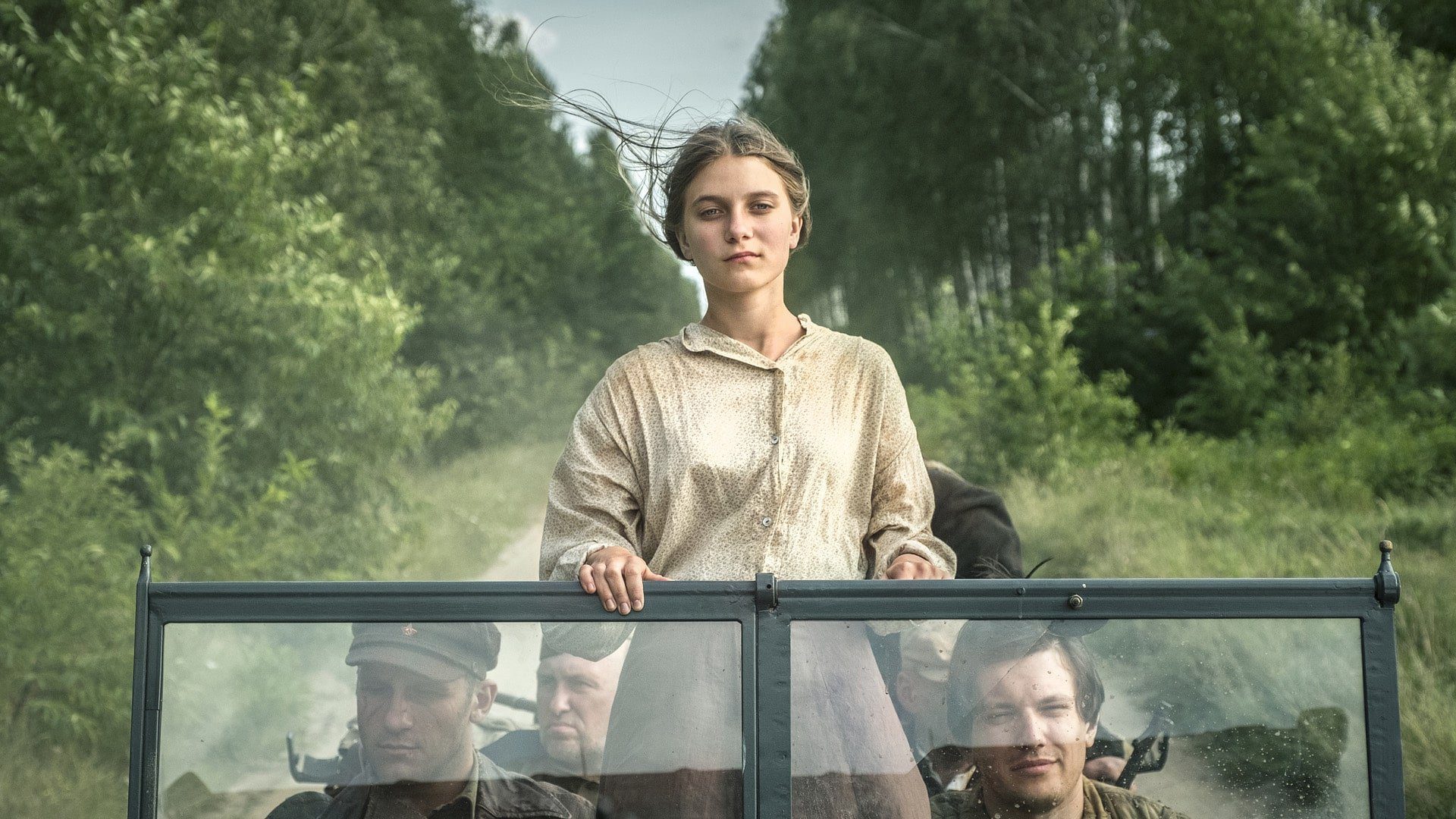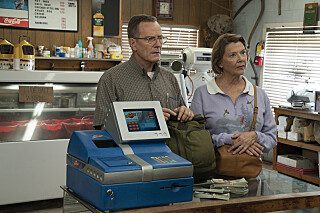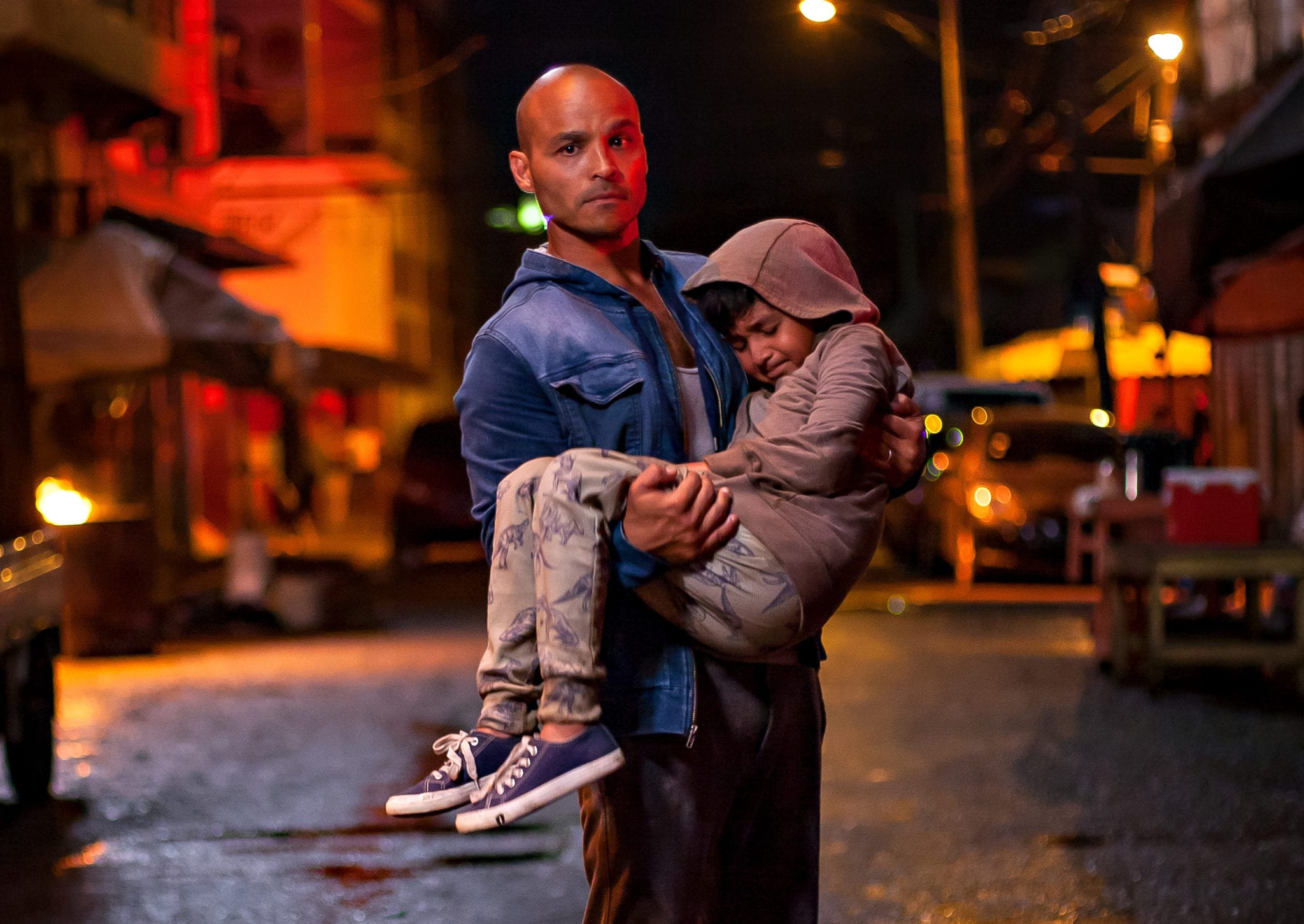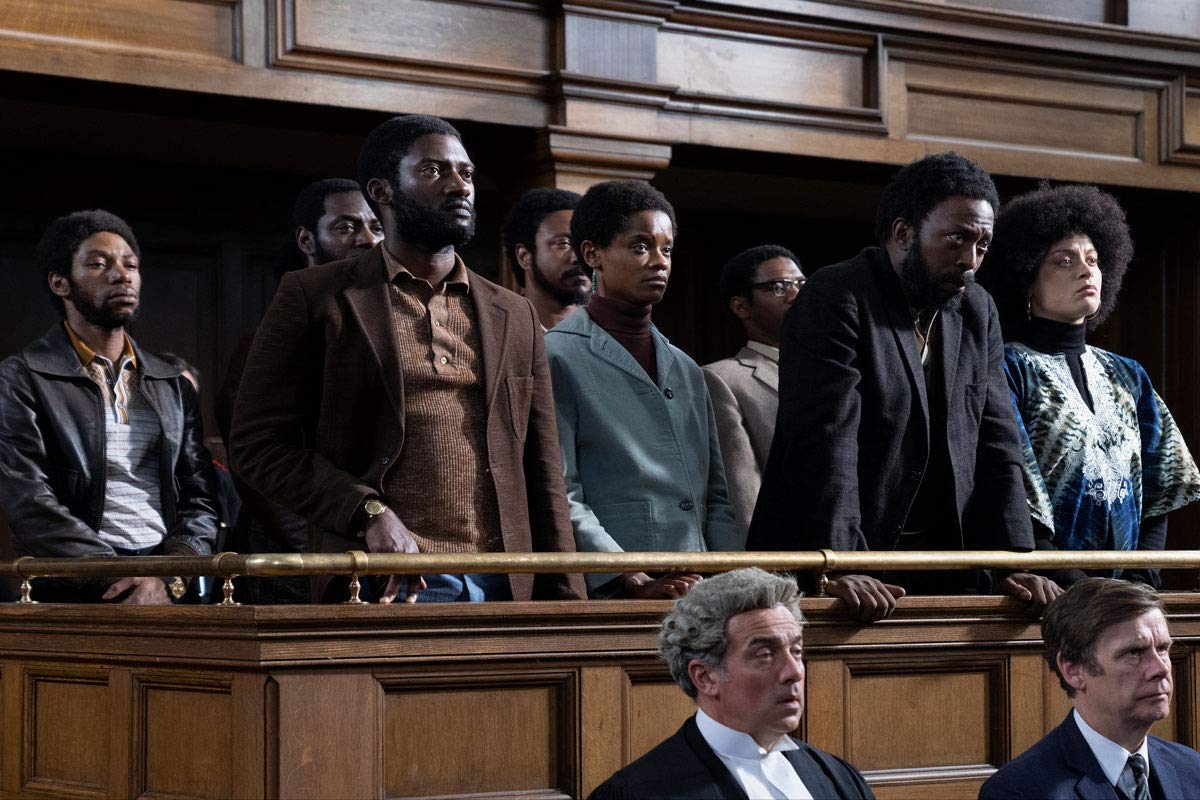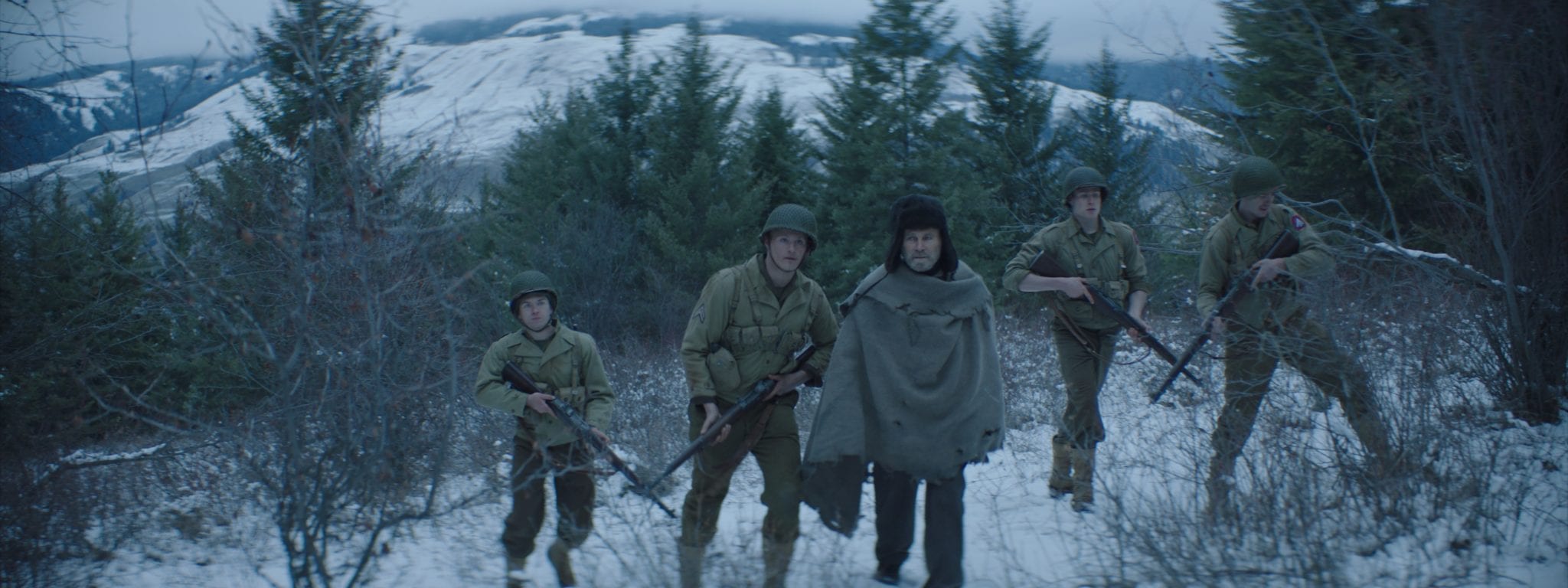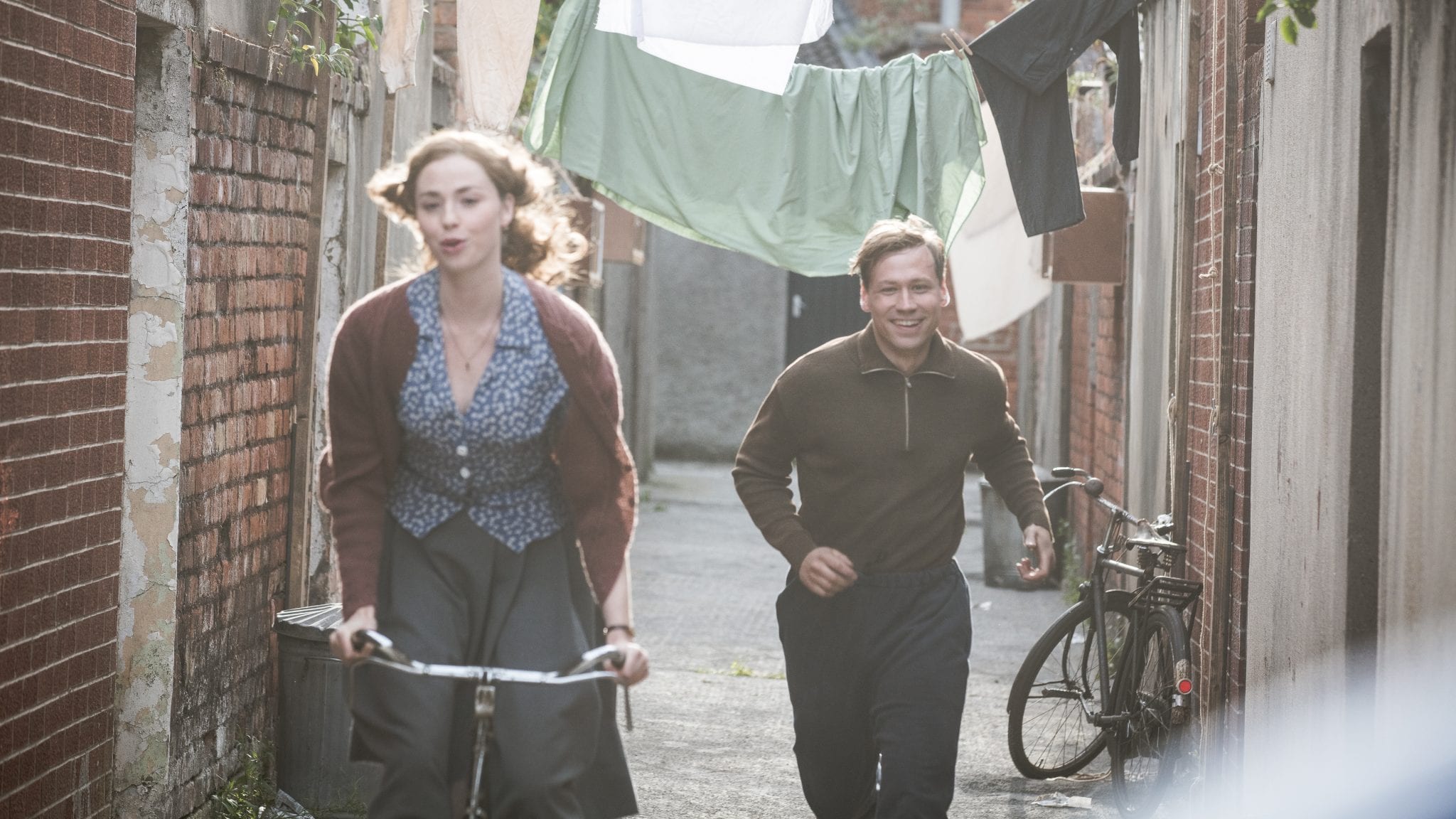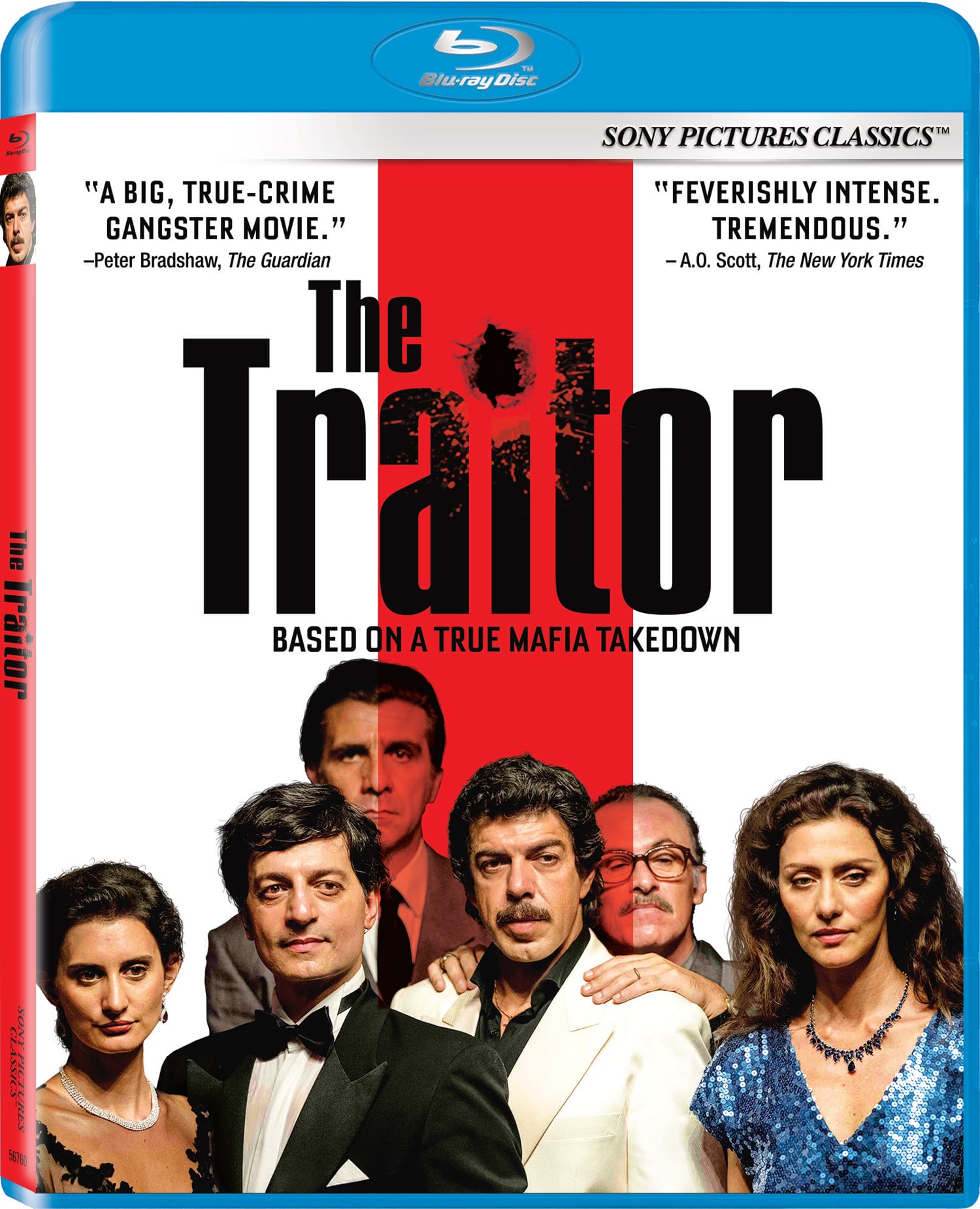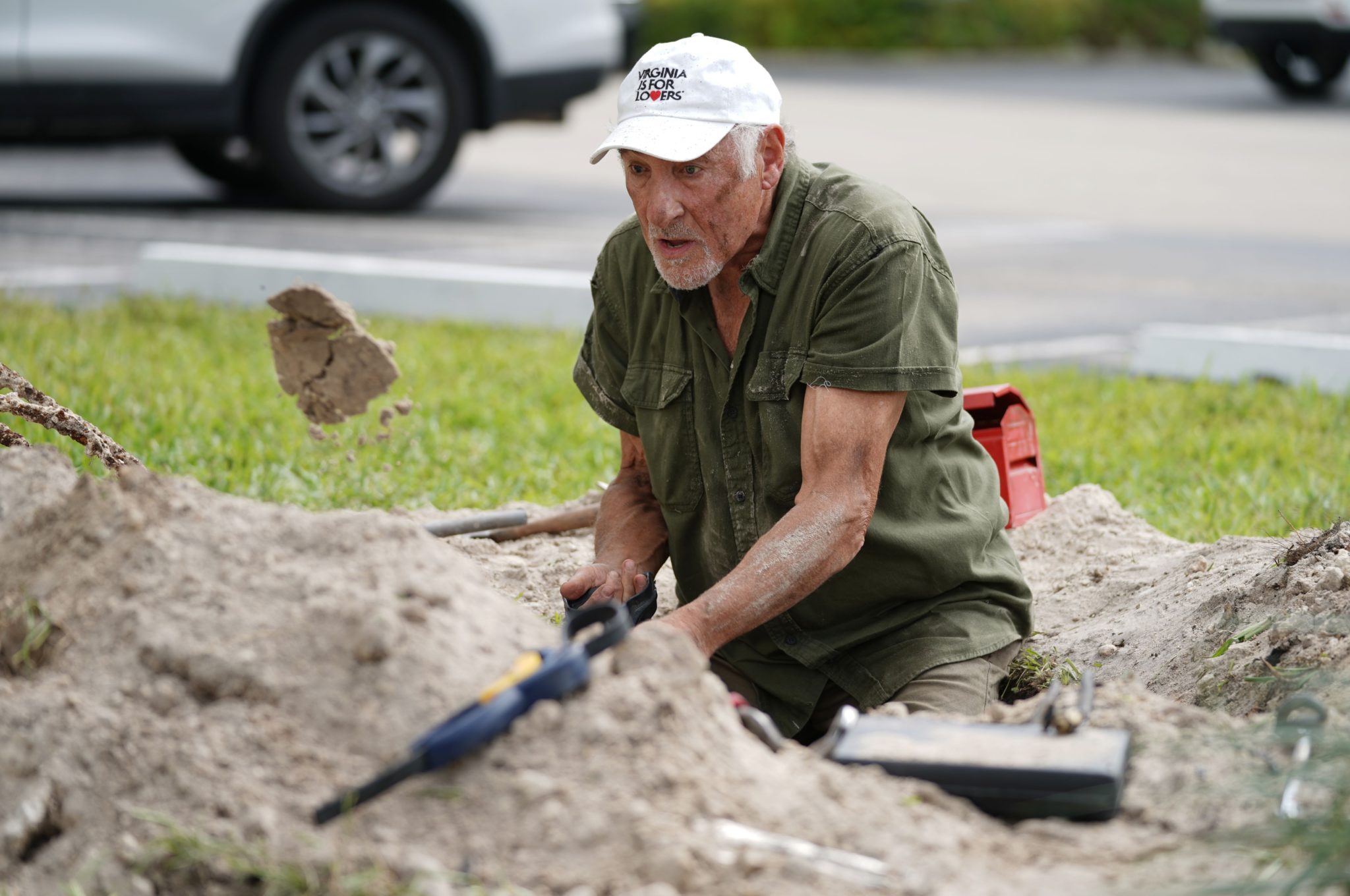
iMordecai – Fixing what’s broken
?Days like this, I miss Siberia.? A new phone becomes the catalyst for an older man to find new ways of seeing things in iMordecai from Marvin Samel. The story is based in the Samel family history. As such this is a personal project. Mordecai Samel (Judd Hirsch) is a Holocaust survivor. As a child,…


